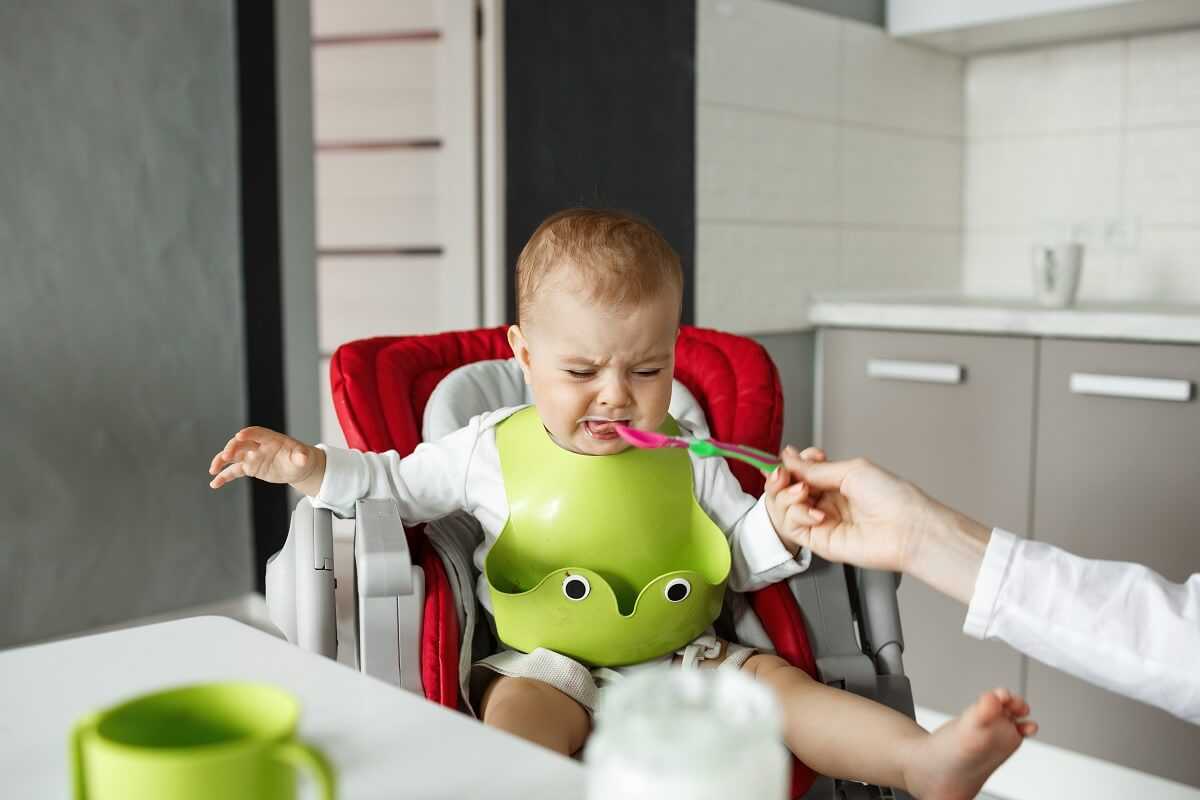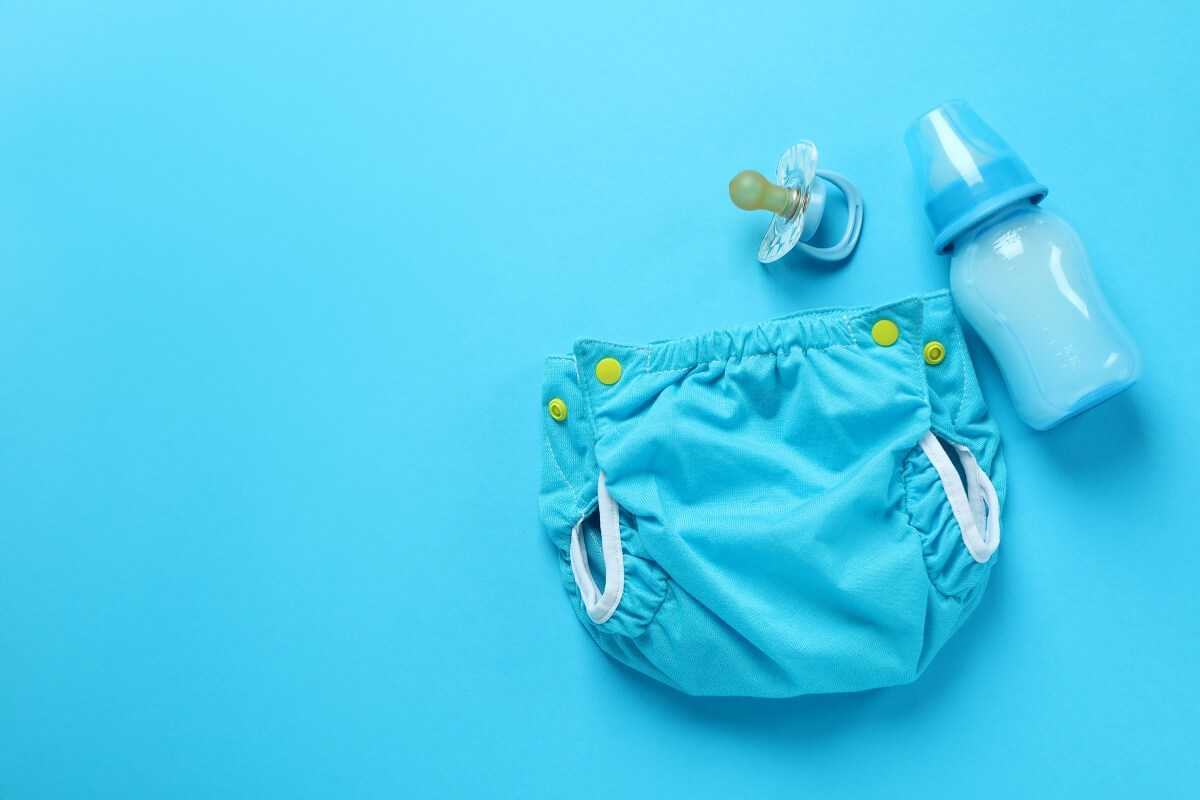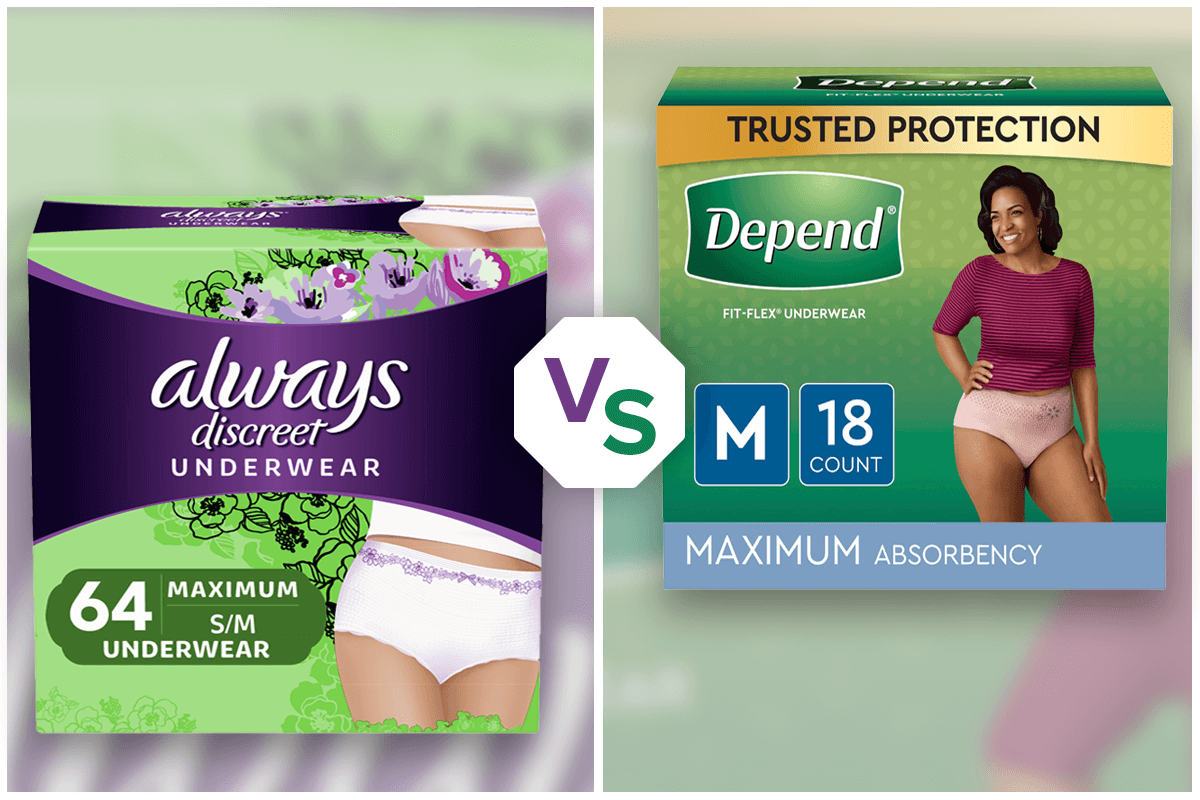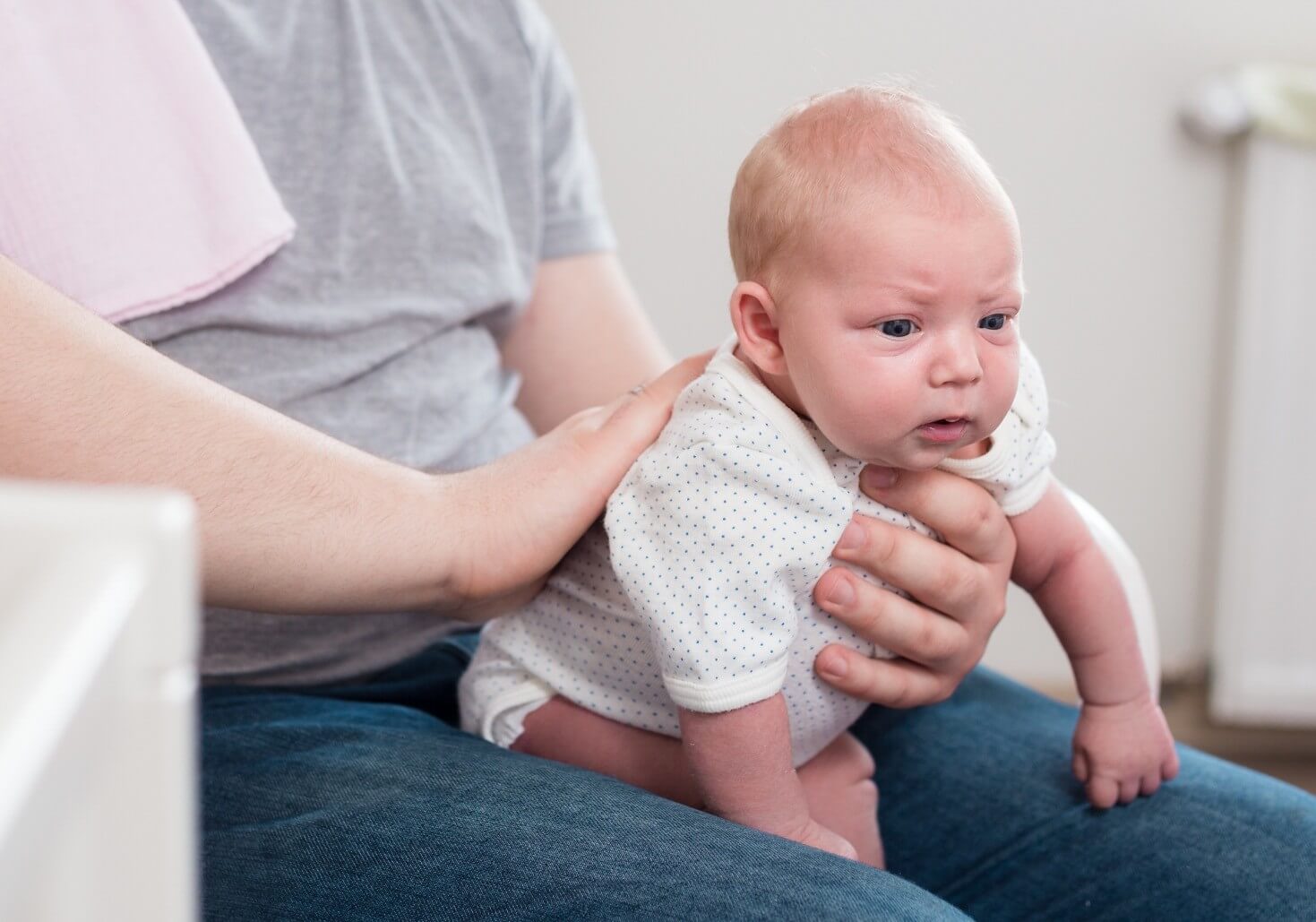Riding a Roller Coaster in Pregnancy - Is It Safe?
Learn what are the wise things to do at an amusement park to keep you and your baby safe.
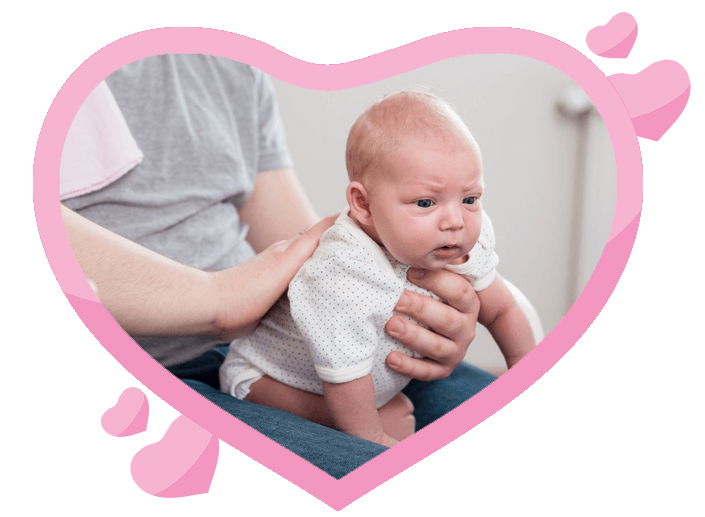
Can You Ride Roller Coasters While Pregnant
While spending the day at an amusement park with family sounds fun and exciting, it might not be the best idea to ride a roller coaster while you are pregnant. If you enjoy riding a roller coaster and the feeling of your stomach leaving your body then you might want to experience it during your pregnancy as well (especially if you’re an adrenaline junkie). But no matter how much you want that sudden rush of excitement through your veins, it’s better to stay on the sidelines while pregnant. Here’s the list of risks that tag along when a pregnant woman rides a roller coaster. I’ll be providing you with alternative ways to keep you entertained during your pregnancy which is safe so stick till the end if you want to know.
The Risks Of Riding a Roller Coaster While Being Pregnant
The swoops, going up and the anticipation of the drop, the twists and the final drop everything might be something you enjoy with all your heart but now it has to be a thing of the past.
Salome Masghati is a well-known OB/GYN who has said that any activity that includes a forceful stop-or-go motion can be harmful to the baby. Now, many people might think that they are capable of handling the pulse-pumping feeling and thrill of the ride but they should abstain from riding it as they need to think about the baby and the risks roller coaster rides pose for them.
Placental abruption is another potential risk of riding a roller coaster during pregnancy which you do not want to happen to you. Placental abruption is when the uterus and placenta separate abruptly after week 20 of pregnancy. The crowded environment also has its disadvantages as well as the after-effects of riding the roller-coaster.
However, every pregnancy differs so if you still want to enjoy your favorite rides it’s better to consult with your healthcare provider and explain your circumstances so they can offer guidance regarding the issue of riding a roller coaster during pregnancy.
What Are The Risks For The Baby?
Would-be mothers or women who are expecting should avoid riding roller-coasters at any stage of the pregnancy because the ride is not safe for the baby. Placental abruptions can cause vaginal bleeding and with that the chances of a stillborn baby increase depending on the severity. The risk of abruption occurs especially before the baby is operable at 24 weeks.
Why Should You Avoid Riding Roller Coasters While Pregnant?
As explained earlier, the biggest risk is placental abruption. It happens because of the sudden and fast acceleration and the jerky movements. Kimberly Langdon has more than 20 years of experience in the field of OB/GYN and has suggested that placental abruption occurs when the uterus wall and placenta separate abnormally.
When this happens, the baby gets less oxygen or no oxygen at all in the womb. So now, you know why riding a roller coaster during pregnancy can be dangerous. Any kind of movement that occurs with a jarring force can cause placental abruption.
Other than roller coasters that have sharp jerky turns and long abrupt drops, Corkscrews are also risky as riders have to ride it upside down and the forces of the ride are not safe for your baby.
Other than these risks, the pregnant woman might also feel excruciating abdominal pain and tenderness. They can also have tetanic contractions which last longer than 1 minute and 30 seconds in total and are on the extreme side. It also causes distress for the baby.
Other Rides You Should Avoid During Pregnancy
A trip to an Amusement park is not a good idea during pregnancy but if you end up going there anyway, you need to steer clear of some rides along with roller coasters such as free-fall rides, spinning rides (yes teacups are also a big no-no), pendulum rides, water slides, and bumper cars.
With water rides, there can be a direct splash of water on your belly, and depending on the force, that can be severely harmful to the baby especially if you are in your third trimester. You need to stay far away from rides that cause disturbance in the balance as well.
The sense of equilibrium is off when you are pregnant so after you exit the vehicle, all that loops and spin will take a toll on your body. You’ll be off-balance and that increases the chances of you tripping or falling which can lead to injury to your baby.
When you are in your first trimester, this will not be much of a concern as the uterine wall is thick and you have extra protection from the bones of the pelvis. The second trimester is also not as concerning since you’ll have a high volume of amniotic fluid protecting your uterus.
But, as soon as your uterus surpasses the pelvis, the walls will be much thinner and the fluid around the baby is less as well. This happens commonly when you are in your third trimester. This is the time you need to be very cautious as the potential for injury to your little one increases this time around.
In a crowded place like the amusement park, where you are waiting in a long line surrounded by children who are trying to get to the next ride alleviates the chances of your belly bumping into other people. Someone might accidentally hit you in the stomach as well. Direct trauma in a large crowd is very likely to occur so it’s best to avoid amusement parks and other crowded places altogether during your pregnancy.
Conclusion
Well, if you end up going to the amusement park anyway, it doesn’t mean all you have to do is watch other people having fun. Some rides have no excessive spinning and don’t drop for a height or have sudden jerky movements.
For example, you can ride a slow-spinning carousel, railroad rides, and rides that don’t drop you from a height. You can look for rides that are slow and consistent in speed and don’t jerk your body back and forth or involve any g-force.
As always, it’s best to consult and confirm with your healthcare provider before going on a trip to the amusement park.
More For You!
Game On Mommy
© Copyright 2023 by Gameonmommy.com. All rights reserved. We are a participant in the Amazon Services LLC Associates Program, an affiliate advertising program designed to provide a means for us to earn fees by linking to Amazon.com and affiliated sites.

